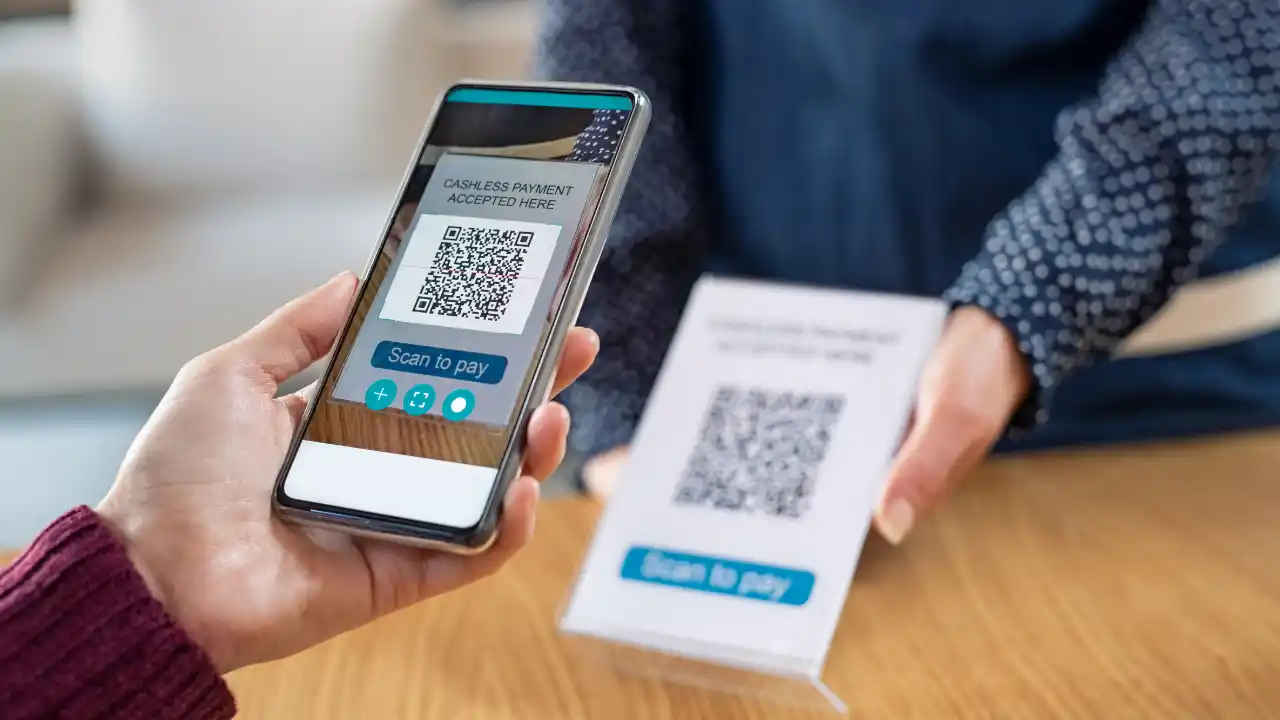

From paying for vegetables to cutting chai, from settling the bill at a fine-dining restaurant to booking movie tickets, people in India are simply whipping out their phones and using the United Payments Interface (UPI) platform. It might have started as a convenient and secure way to facilitate digital payments, but UPI has now become the backbone of India’s financial ecosystem. It has revolutionized the way we, Indians, transact, making cash nearly obsolete in daily exchanges.
But, this ease of payment comes at a cost — one that goes beyond just convenience fees or transaction charges. It has fundamentally altered spending habits, leading to increased impulsive buying and reduced financial discipline. This is becoming increasingly visible and bothers me at times. But, there is little one can do about it.
Before the era of digital payments, spending was a more deliberate act. If you went shopping, you carried a fixed amount of cash in your wallet, setting a clear limit on how much you could spend. If you needed more money, you had to visit an ATM, withdraw cash, and then continue your shopping spree. That was an extra step that naturally acted as a psychological barrier against overspending.
Even social and leisure activities were constrained by how much cash one had. A group dinner plan required one to check their wallet beforehand, and a spur-of-the-moment purchase often involved the hassle of borrowing cash from a friend or deferring the decision until later. This created a certain financial discipline, making people more conscious of their expenses.
UPI has changed all of that. With just a few taps, payments can be made instantly, eliminating any constraints imposed by limited cash availability. Today, whether you’re in a bustling marketplace, a high-end mall, or even a remote village, a simple QR code scan is enough to complete a transaction. The frictionless nature of these payments means people often spend without much forethought, unaware of how quickly small transactions accumulate.
Take the example of street shopping. Earlier, buying fruits or a snack involved handing over cash, a tangible loss of money that triggered a sense of expenditure. A Rs 500 note in hand had a tangible weight and parting with it required conscious effort. Now, with UPI, there is no such psychological barrier. People tap their phones and move on, barely registering the transaction.
Also read: Switching off to tune in: A lesson from Japan’s solo dining culture
There’s no denying that UPI is one of India’s greatest technological success stories. It has brought millions into the formal banking system, enabled financial inclusion, and positioned India as a global leader in digital payments. The convenience it offers is unparalleled. Businesses, especially small vendors, benefit immensely from cashless transactions. It has reduced the risk of handling cash and has improved record-keeping.
Yet, financial prudence has taken a hit. The dopamine rush of quick payments coupled with cashbacks and rewards has created a consumer culture where spending is more impulsive than ever. The ‘Buy Now, Pay Later’ (BNPL) schemes linked to UPI further exacerbate the issue, pushing people into debt cycles they might not have anticipated.
So what can we do? There is a need for new financial habits to compensate for the loss of traditional spending restraints. Budgeting apps, transaction alerts, and expense tracking tools should be used more actively. Setting daily or weekly spending limits within banking apps can help users regain control over their finances. While banks and fintech companies aggressively promote UPI for its convenience, there needs to be an equal emphasis on financial literacy.
As India moves further into the digital economy, the onus is on users to develop financial discipline in the absence of traditional cash constraints. After all, while the ease of payment is a technological marvel, financial well-being ultimately depends on how wisely we use this convenience.